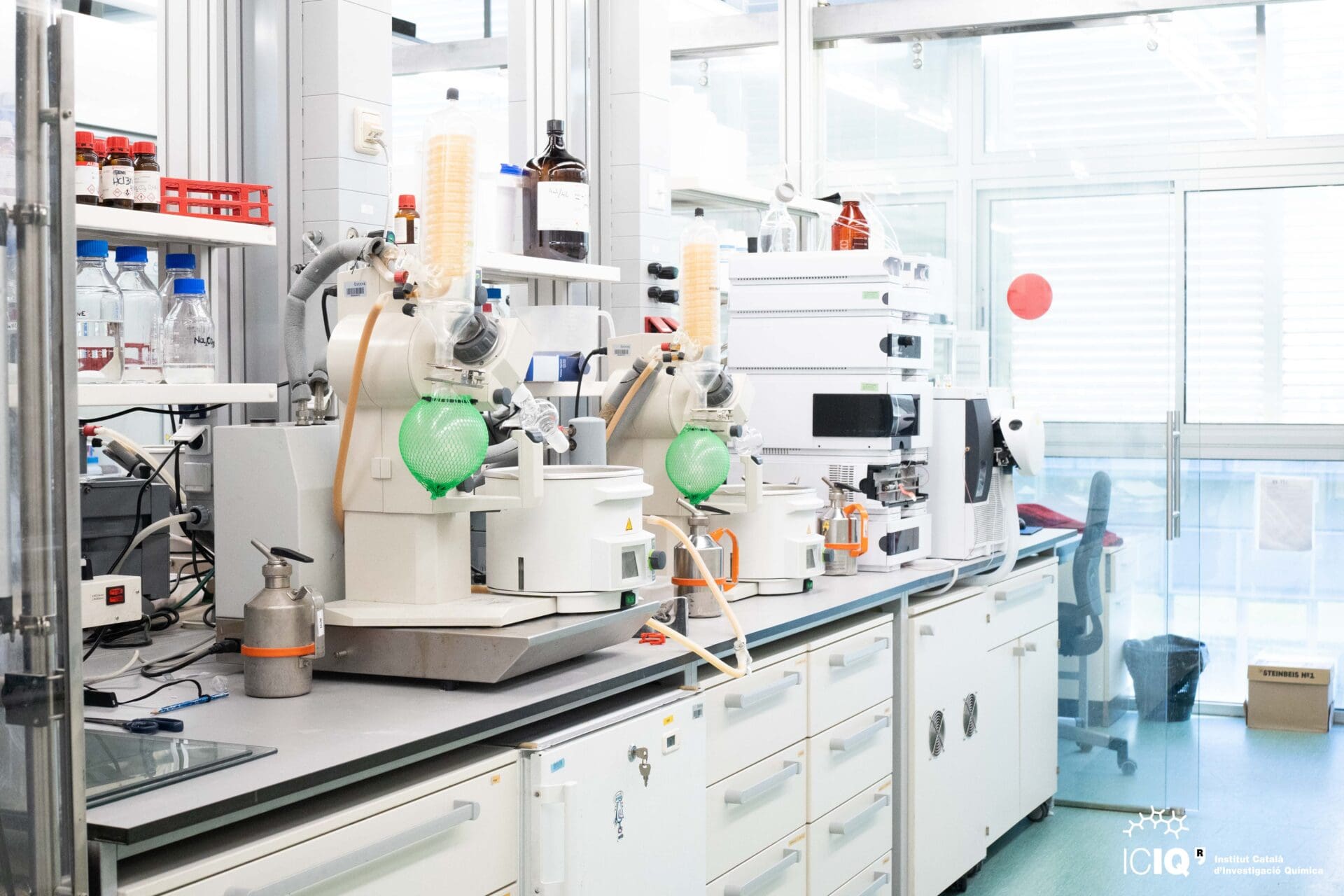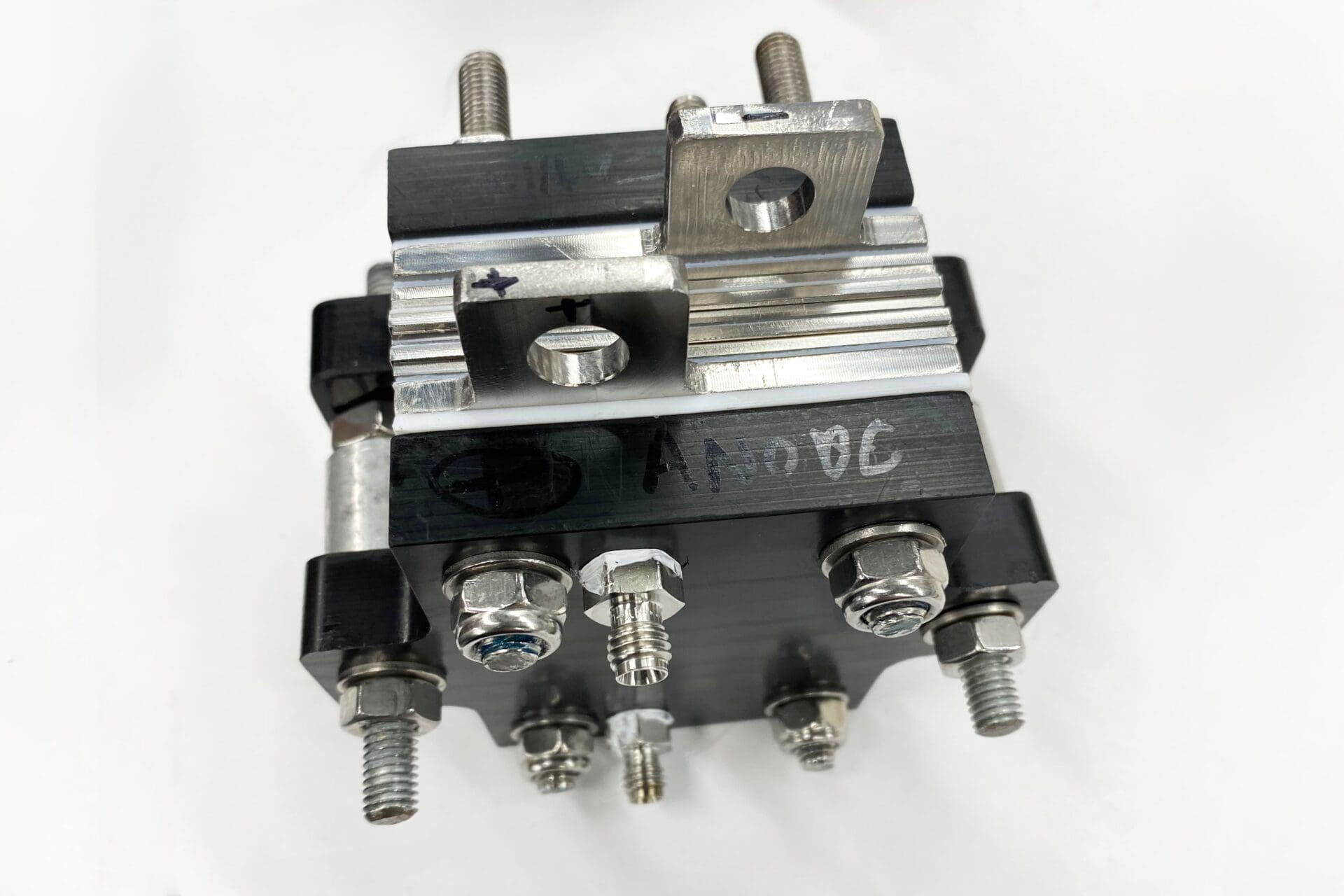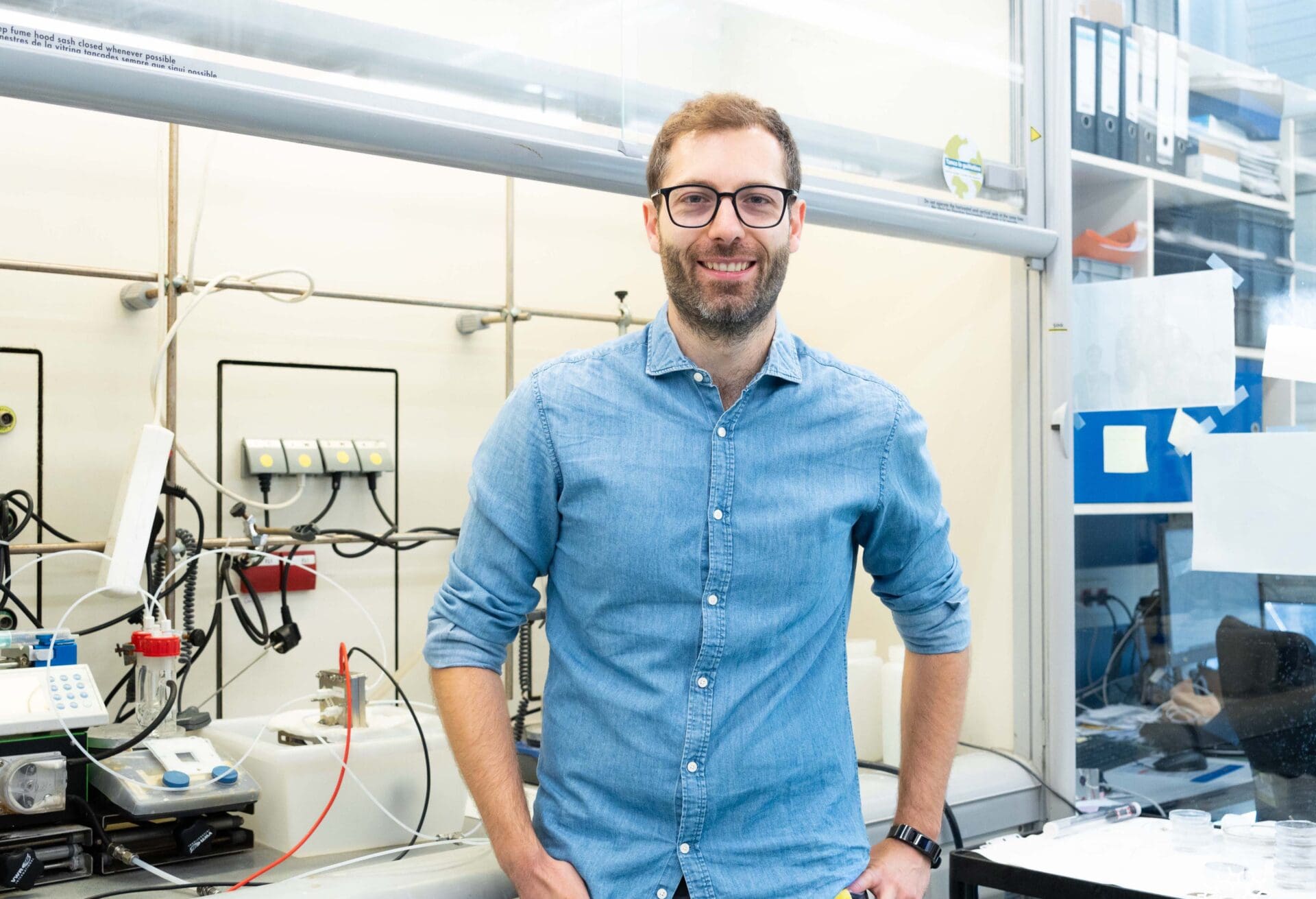ICIQ’s Bio-Based Polymer Platform: From Agrofood Waste to Paints, Coatings, Adhesives and Lightweight Composites
31st May 2022 – The group of Prof. Arjan Kleij, together with ICIQ’s innovation laboratory CSOL led by Dr. Fernando Bravo and several collaborators including universities, technology centers and industrial companies across Europe are developing ICIQ’s Bio-Based Polymer Platform, which is built around the catalysis and polymerization know-how developed by the Kleij research group.
Following the principles of a Circular Economy and Green Chemistry, ICIQ’s technology upgrades compounds from agro-food waste, such as limonene (extracted from orange peels, a waste product from juice production) or oleic acid (from spent frying oils), and selectively transforms them into high-added value bio-based polymers (mainly polyesters and polycarbonates). These bio-polycarbonates incorporate CO2 while avoiding the use of bis-phenol-A (BPA), a known endocrine-disruptor, and poisonous phosgene-related compounds, in their production.
These polymers can be functionalized or incorporate other monomers to fine-tune their properties for a wide range of applications such as paints, functional coatings, adhesives and lightweight composites for construction or automotive applications.
ICIQ is involved in collaborations with several companies to develop industrial applications of these bio-based polymers, and in addition carries out various R&D activities to expand its polymer platform:
- Incorporation of new bio-based monomers, such as other terpenes and fatty acids, with a strong focus on widely available 2nd generation feedstock based on waste or nonedible biomass.
- Developing new polymers with tailored properties for target applications.
- Formulating, alongside application experts, new high-performance materials that are either fully or partially bio-based.

Current ICIQ team focusing on the development of industrial applications of the bio-based polymers developed by the Kleij research group. Prof. Arjan Kleij at the center, in blue.
A few examples of active technology development projects include:
- The development of proprietary coating and adhesive formulations in collaboration with partners at the UPC (Barcelona).
- The COMBILOOP project, in collaboration with University of Potsdam (Germany), which aims at the development of partially bio-based load-bearing light-weight composites.
- In the TRIPyr project, the focus is on the production of polyesters using fatty acids from industrial waste streams.
- The MACROLEMON project focuses on chemical recycling of bio-based polymers, as well as on further scale-up of selected production steps and increasing the portfolio of possible chemical post-modifications and curing strategies.
In addition to these technology development projects as well as ongoing industrial collaborations, ICIQ is actively seeking for new industrial partners interested in developing new bio-based polymers and materials. Furthermore, ICIQ also establishes partnerships with companies generating bio-based feedstock that could be used as monomers, and generally interacts with different stake holders from the entire value chain ranging from bio-based feedstock suppliers to consumer product developers and brand owners interested in developing high-performance, circular products.
The COMBILOOP project has received funding from the European Union’s Horizon 2020 research and innovation programme under Marie Skłodowska-Curie grant agreement No. 801342 (Tecniospring INDUSTRY) and the Government of Catalonia’s Agency for Business Competitiveness (ACCIÓ).
The MACROLEMON project, PDC2021-120952-I00, has been funded by MCIN/AEI/10.13039/501100011033 and by the European Union “NextGenerationEU”/PRTR
The TRIPyr project is co-financed by the European Regional Development Fund (ERDF) through INTERREG-POCTEFA Spain-France-Andorra program. POCTEFA participates in the development of cross-border economic, social and environmental activities through common strategies in favour of sustainable territorial development.
COMBILOOP:
MACROLEMON:
TRIPyr:
Related news

Let's create a brighter future
Join our team to work with renowned researchers, tackle groundbreaking
projects and contribute to meaningful scientific advancements










 19-02-2025
19-02-2025 


















